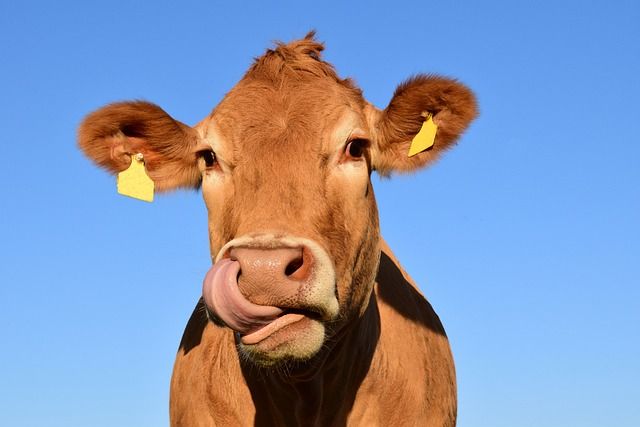Researchers have come up with a strategy that could significantly reduce the climate footprint of agriculture.
By adding Dutch-produced food additive Bovaer to cattle feed, scientists from Aarhus University (AU) have succeeded in cutting methane emissions caused by cow burps and farts by about 30 percent.
As part of the project, 30 farmers in Denmark, Sweden and Germany have taken part in the project, in which 10,000 milk cows were given the additive.
“If we are to give our cows these food additives, it will signal a revolution of the Danish use of cattle,” Peter Lund, a professor from the Department of Livestock and Veterinary Science at AU, who has been working on the project for the past four years, told DR Nyheder.
“It’s my assessment that we will be able to reduce methane emissions from cows by a total of 50 percent before 2030.”
READ ALSO: The world’s oldest DNA: remains found in Greenland are 2 million years old!
A massive step
This summer, the researchers will send out a guide to help farmers in Denmark use Bovaer when feeding livestock.
Being able to cut methane emissions from cows in half by 2030 would be a significant step for Denmark being able to reach its climate goals.
“We’ve considered methane emissions from cows as being among the most difficult to reduce without cutting down production of milk,” Tavs Nyord, a senior consultant with green thinktank Concito, told DR Nyheder.















